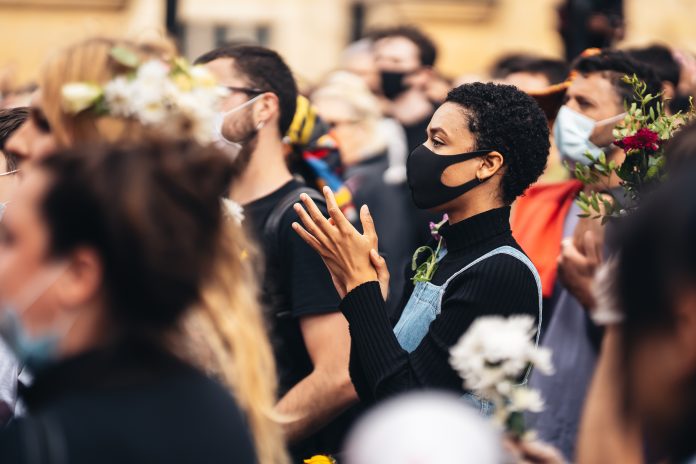New data from the ongoing REACT study found that over two million people in the UK are known to have experienced long COVID
The experience of long COVID is becoming increasingly recognised across the UK, with some individuals continuing to suffer from symptoms of the virus for months after their initial bout of illness.
Scientists are attempting to figure out what creates long COVID, who is more likely to experience it and how to stop it. One study proposed that the endothelium does not go back to normal for those who catch long COVID, suggesting that healthcare professionals track that factor as a possible explainer.
Helen Ward, Professor of Public Health at the School of Public Health, commented: “Our research shows that many people who have had COVID-19 will have lasting symptoms and for some these may have a big impact on their quality of life.
“Given the number of infections in England this represents a significant public health issue that needs to be urgently addressed through appropriate support and treatment.”
Which groups of people are most likely to have long COVID?
The REACT study spans across the UK, monitoring the status of the virus. Recently, it was the same team who revealed that the Delta variant was now responsible for 90% of cases.
According to today’s data, currently waiting to be peer-reviewed, women, people who smoked, were overweight or obese, lived in deprived areas or had been admitted to hospital had a higher risk of long COVID symptoms.
Living in a deprived area is also a well-documented risk factor for hospitalisation and death via a shorter bout of COVID. In the US, a study looked at neighbourhoods in New York City to understand the connection between money and the virus.
Daniel Carrión, PhD, MPH, first author and postdoctoral researcher in the Department of Environmental Medicine and Public Health at the Icahn School of Medicine at Mount Sinai, said: “Much of the early rhetoric around COVID-19 disparities centered on comorbidities which, due to health disparities, may have explained why communities of color were suffering higher mortality. But we were seeing more people of color getting infected in the first place.”
Interestingly, despite the disproportionate impact on Asian people that ordinary COVID has, Asian people have a lower risk of long COVID. Older people are also likely to have long COVID, with that risk increasing by 3.5% for each decade added.
‘Long COVID is still poorly understood’, says Professor Elliott
Professor Paul Elliott, director of the REACT programme from Imperial’s School of Public Health, said: “Our findings do paint a concerning picture of the longer-term health consequences of COVID-19, which need to be accounted for in policy and planning.
“Long COVID is still poorly understood but we hope through our research that we can contribute to better identification and management of this condition, which our data and others’ suggest may ultimately affect millions of people in the UK alone.”
Scientists in the US further support the idea of policy and planning intervention, that addresses structural factors that may influence long COVID.
“The social factors in the COVID-19 inequity index are upstream neighborhood characteristics–they were already in place before the pandemic,” said Allan Just, PhD, senior author on the US study.











